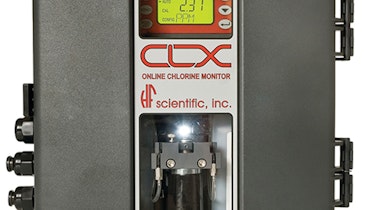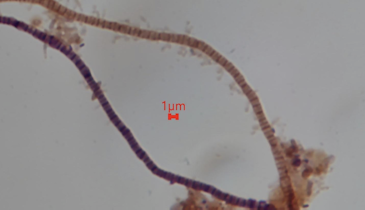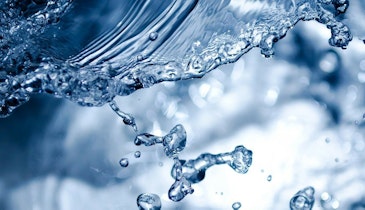The Senate Environment and Public Works (EPW) Committee has passed legislation that will make significant investments in water recycling programs and resources. The two pieces of legislation — America’s Water Infrastructure Act of 2020 and the Drinking Water Infrastructure Act of...
Senators Announce Legislation for Billions in Water Infrastructure Funding
Popular Stories
Discussion
Comments on this site are submitted by users and are not endorsed by nor do they reflect the views or opinions of COLE Publishing, Inc. Comments are moderated before being posted.




